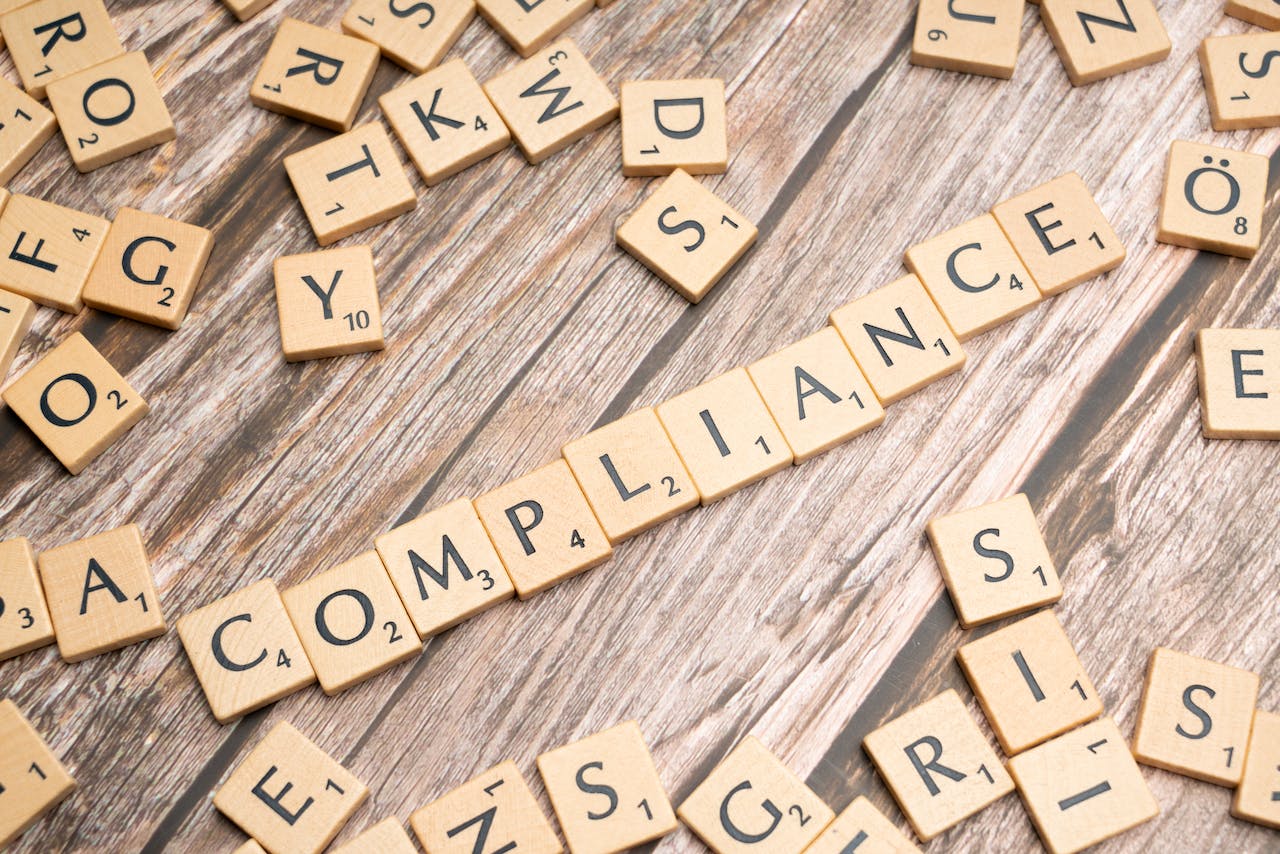The Essence of Corporate Compliance: A Culture of Responsibility and Integrity
By Ashley Mazerolle, Marketing –

Corporate compliance is vital for ethical culture; tailored programs, honesty, and responsibility prevent misconduct.
In the realm of corporate governance, the concept of compliance extends beyond a mere set of rules and regulations. According to Brent Snyder, deputy assistant attorney general of the U.S. Department of Justice Antitrust Division, an effective compliance program serves as the cornerstone for being a “good and responsible corporate citizen.” However, he emphasizes that its purpose is not to secure leniency in case of criminal activities but rather to prevent such transgressions altogether.
Snyder, speaking at the U.S. Council of International Business Joint Antitrust Compliance Workshop, outlined a comprehensive compliance checklist for companies to gauge their efficacy. The checklist encompasses factors like leadership engagement, company-wide commitment, proactive policies, employee discipline, and a readiness to take responsibility for noncompliance incidents.
The heart of a robust compliance program lies in its ability to align with the unique needs and dynamics of a company and its market. It’s not a one-size-fits-all solution but a tailored approach that ensures relevance and effectiveness.
However, Snyder stresses that the checklist alone is insufficient without the crucial element of integrity. Noncompliance often stems from individual dishonesty, making the promotion of honesty and ethical behavior among employees imperative. The workshop’s theme echoes this sentiment, stating that “Compliance is a culture, not just a policy.”
The onus of responsibility falls not just on leadership but on the entire workforce. A company’s fate is intrinsically linked to the decisions of its employees. Hence, fostering a culture of ethical conduct becomes paramount.
Companies must be proactive in preventing noncompliance and unethical behavior before they occur. Establishing a robust compliance policy and cultivating a culture of responsibility and integrity are pivotal steps toward becoming “good and responsible corporate citizens.” In essence, compliance is not merely a set of rules; it’s a cultural trait that defines the ethical fabric of a corporation.
Source
Photo By: Source” rel=”noopener” target=”_blank”>Markus Winkler

